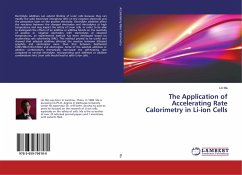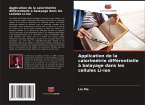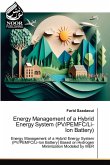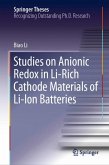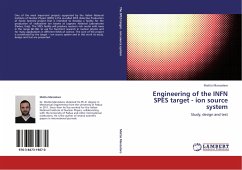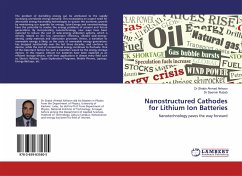Electrolyte additives can extend lifetime of Li-ion cells because they can modify the solid electrolyte interphase (SEI) on the negative electrode and the passivation layer on the positive electrode. Electrolyte additives affect the reactions between the charged electrodes and electrolytes at high temperature and may impact the safety of Li-ion cells. In order to be able to distinguish the effects of an additive or additive blends on the reactivity of positive or negative electrodes with electrolytes at elevated temperatures, an experimental method has been developed based on accelerating rate calorimetry (ARC). This method proved to be useful and showed that selected additives affected the reaction between lithiated graphite and electrolytes more than that between delithiated Li(Ni1/3Mn1/3Co1/3)O2 and electrolytes. Some of the selected additives or additive combinations dramatically decreased the self-heating rate compared to control electrolyte. Incorporating such additives or additive combinations into Li-ion cells should lead to safer Li-ion cells.
Bitte wählen Sie Ihr Anliegen aus.
Rechnungen
Retourenschein anfordern
Bestellstatus
Storno

